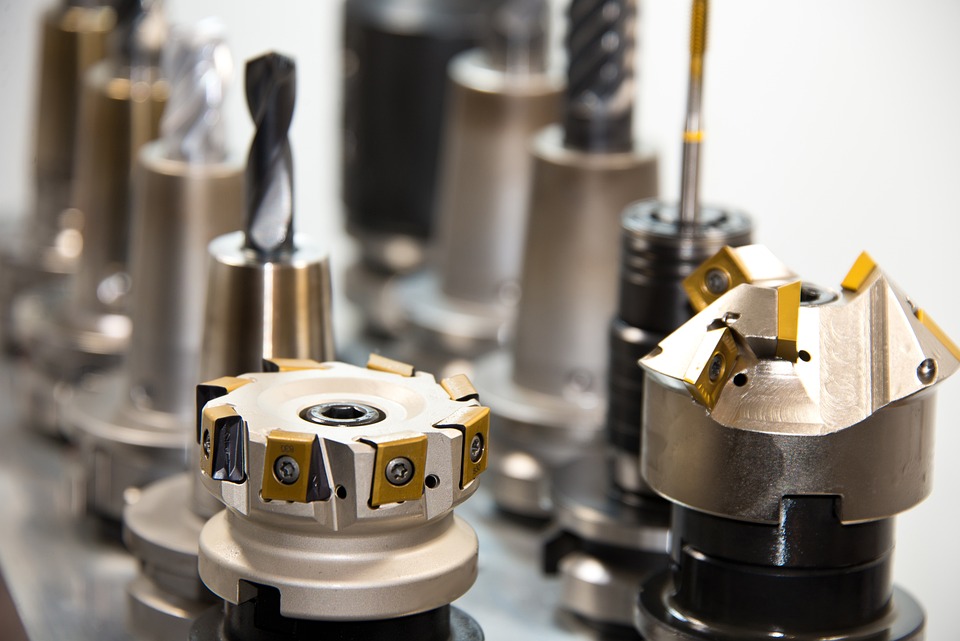Keywords: Stress management, mindfulness, self-care, relaxation techniques, mental health
Introduction:
In today’s fast-paced world, stress has become a common issue for many people. The pressures of work, family, and daily life can often lead to feelings of overwhelm and anxiety. That’s why it’s important to prioritize stress management and self-care practices to maintain our mental health and well-being. In this article, we will discuss the importance of stress management and explore various relaxation techniques and mindfulness practices to help you find balance and peace in your daily life.
The Benefits of Stress Management:
Stress management is essential for maintaining good mental health and overall well-being. When we are under constant stress, our bodies release cortisol, the stress hormone, which can have negative effects on our physical and mental health. Chronic stress has been linked to a variety of health problems, including heart disease, obesity, and depression. By implementing effective stress management techniques, we can reduce the negative impact of stress on our bodies and minds.
Mindfulness Practices for Stress Relief:
One effective way to manage stress is through mindfulness practices. Mindfulness involves paying attention to the present moment without judgment, allowing us to become more aware of our thoughts and feelings. By practicing mindfulness, we can reduce stress and anxiety, increase self-awareness, and improve our overall well-being. Some simple mindfulness practices include deep breathing, body scans, and meditation. These practices can help us stay grounded and present, even in the midst of a stressful situation.
Self-Care Strategies for Stress Relief:
In addition to mindfulness practices, self-care is another important aspect of stress management. Self-care involves taking care of our physical, mental, and emotional well-being through activities that nourish and rejuvenate us. This can include activities like exercise, getting enough sleep, spending time with loved ones, and engaging in hobbies that bring us joy. By prioritizing self-care, we can better cope with stress and prevent burnout. Making time for self-care is essential for maintaining good mental health and overall well-being.
Relaxation Techniques for Stress Relief:
There are many relaxation techniques that can help us manage stress and promote relaxation. These techniques can help calm the mind and body, reduce tension, and improve our overall sense of well-being. Some common relaxation techniques include deep breathing exercises, progressive muscle relaxation, guided imagery, and visualization. These techniques can be practiced anywhere, at any time, making them easily accessible for anyone in need of stress relief.
The Role of Exercise in Stress Management:
Exercise is another powerful tool for managing stress and improving mental health. Physical activity has been shown to reduce stress, improve mood, and increase energy levels. Exercise releases endorphins, the feel-good hormones, which can help combat feelings of anxiety and depression. Whether it’s going for a brisk walk, practicing yoga, or hitting the gym, finding the right exercise routine for you can help you better cope with stress and improve your overall well-being.
Conclusion:
In conclusion, stress management is crucial for maintaining good mental health and overall well-being. By incorporating mindfulness practices, self-care strategies, and relaxation techniques into our daily lives, we can better cope with stress and prevent burnout. Prioritizing self-care and making time for relaxation can help us stay grounded and present, even in the midst of a busy and stressful world. Remember to take care of yourself and prioritize your mental health – it’s the most important thing you can do for yourself.



